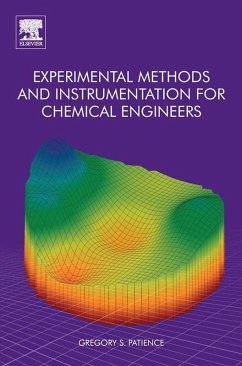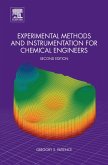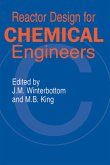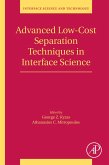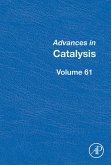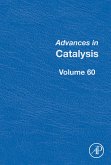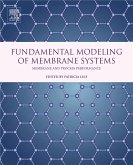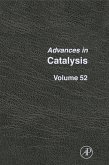Throughout the book, the author examines all aspects of engineering practice and research. The principles of unit operations, transport phenomena, and plant design form the basis of this discipline. Experimental Methods and Instrumentation for Chemical Engineers integrates these concepts with statistics and uncertainty analysis to define factors that are absolutely necessary to measure and control, how precisely, and how often.
Experimental Methods and Instrumentation for Chemical Engineers is divided into several themes, including the measurement of pressure, temperature flow rate, physico-chemical properties, gas and liquid concentrations and solids properties. Throughout the book, the concept of uncertainty is discussed in context, and the last chapter is dedicated to designing and experimental plan. The theory around the measurement principles is illustrated with examples. These examples include notions related to plant design as well as cost and safety.
- Contains extensive diagrams, photos, and other illustrations as well as manufacturers' equipment and descriptions with up-to-date, detailed drawings and photos
- Includes exercises at the end of each chapter, helping the reader to understand the problem by solving practical examples
- Covers research and plant application, including emerging technologies little discussed in other sources
Dieser Download kann aus rechtlichen Gründen nur mit Rechnungsadresse in A, B, BG, CY, CZ, D, DK, EW, E, FIN, F, GR, HR, H, IRL, I, LT, L, LR, M, NL, PL, P, R, S, SLO, SK ausgeliefert werden.

